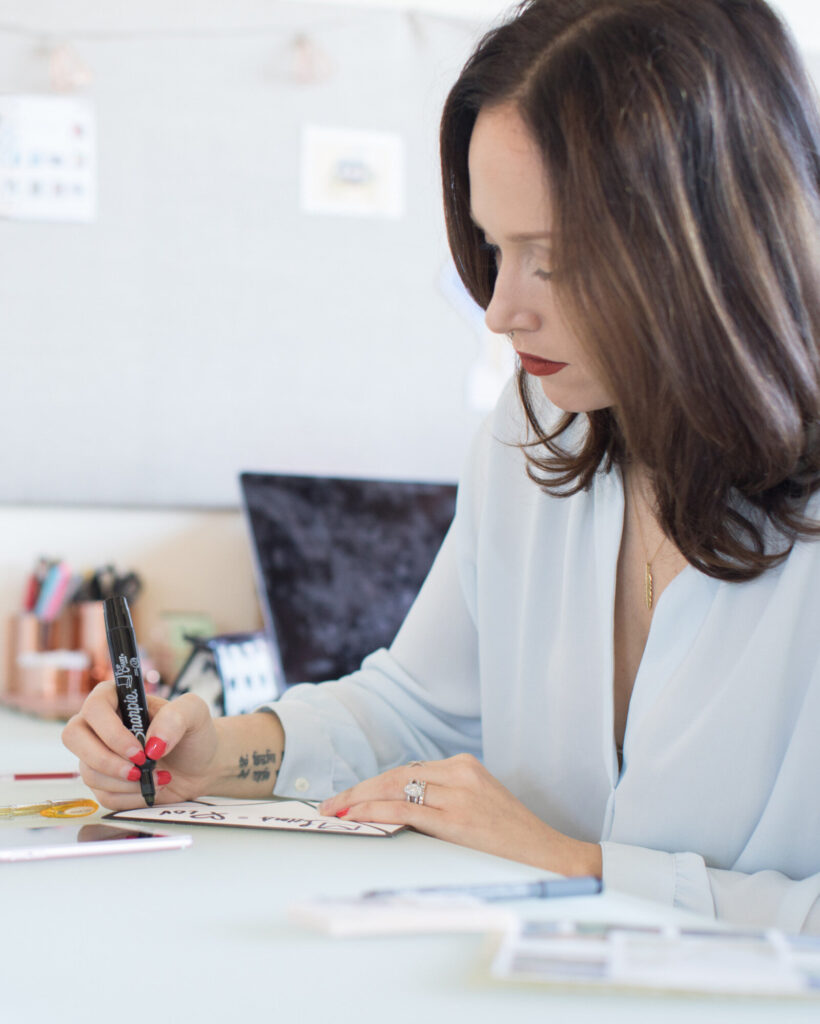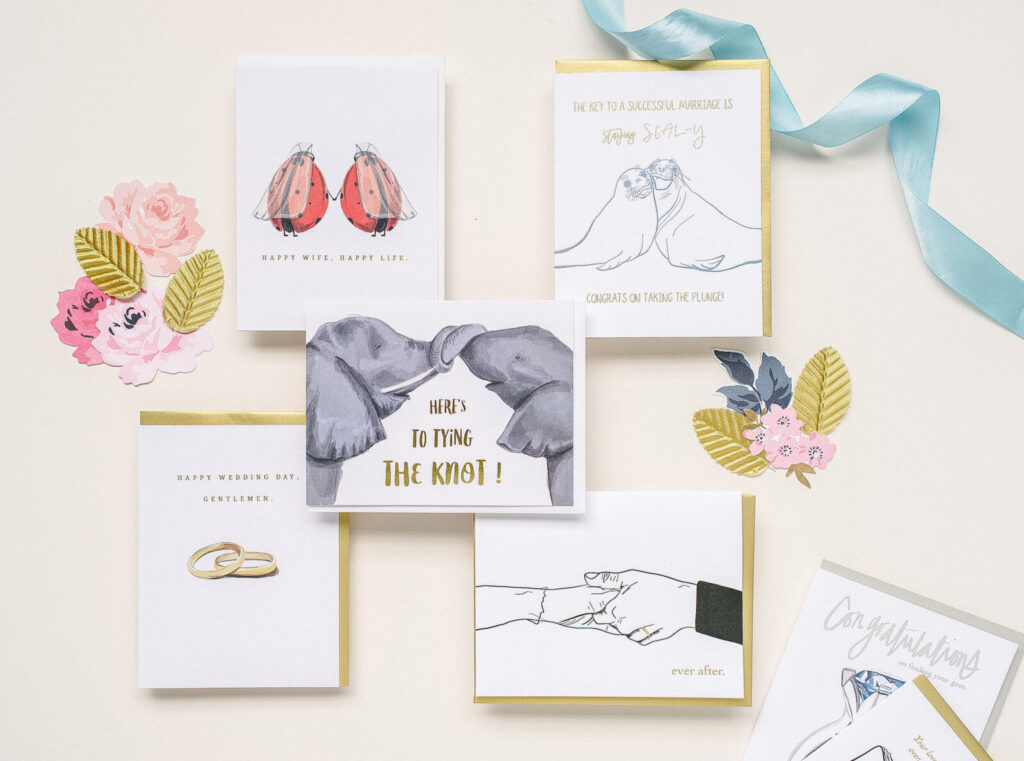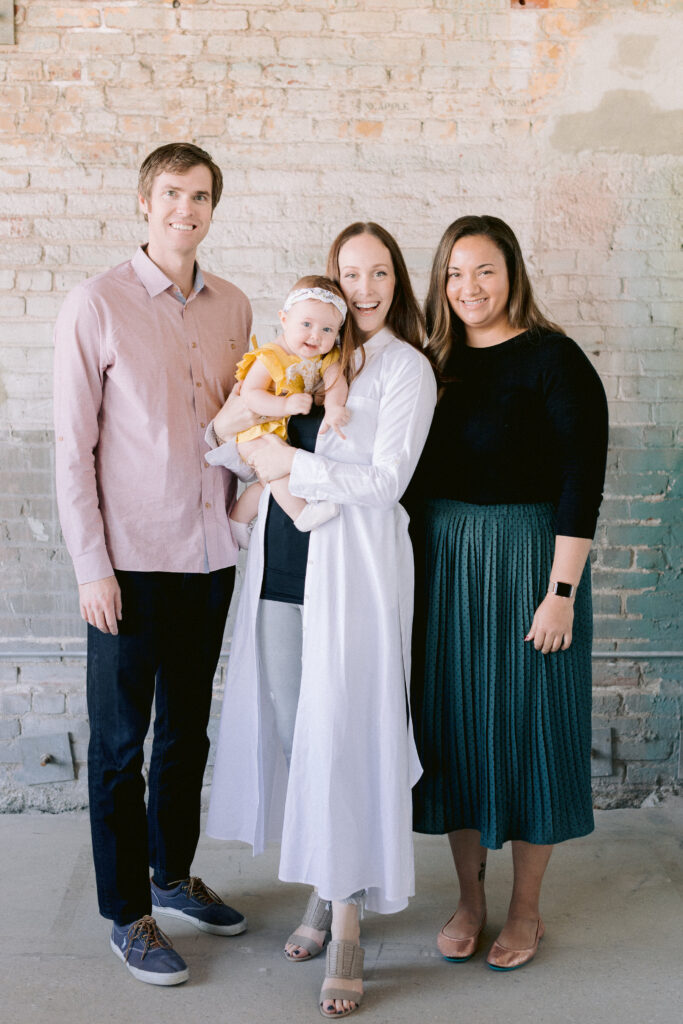
Community Spotlight: Good Juju Ink
Good Juju Ink Takes it One Day at a Time…
We have all heard it before, remain in the present, live in the now. Slow down just a bit, don’t get too ahead of yourself – just breathe. Generally, we are reminded of these mantras in a tough time. But right now, these sayings resonate with just about everyone. They are also the backbone of Good Juju Ink’s inspiration. The team at Good Juju Ink points out why slowing down, and remaining in the present is so important for maintaining one’s sanity in the face of uncertainty.
Led by Juliana Tyson Kissick, the stationery purveyor has been part of the Artthaus Studios community since 2019 They are most known for their greeting cards, which feature a mixture of both quirky and heartwarming designs tailored to exude the connections that go hand-in-hand with celebrations and with simply being human. Prior to the stay-at-home order, which has debilitated small business owners across the country, Good Juju Ink operated primarily as a wholesale producer. Their customer base included a large number of small greeting card stores and international chains – as you might imagine, the lockdown created a significant hurdle for the team.
18 Million Thanks Campaign
In the midst of all the panic, the team came together and remembered their mission – to encourage people to slow down and live in the moment. This reminder was the spark that led to Ryan Kissick dreaming up the 18 Million Thanks initiative. Good Juju Ink partnered with 12 other stationery brands to create a thank you card writing campaign for the estimated 18 million healthcare workers in the United States. A portion of Good Juju Ink’s sales will go to charity – something Good Juju Ink has been passionate about since the start.
“We have always given a part of our proceeds to partner charities,” said Juliana. “For quite some time, it was very nature-focused. We feature a lot of plants and animals in our greeting cards, and most of us are native Californians who grew up loving nature, so it was an easy choice to go in that direction.”
As the COVID-19 crisis unfolded, Good Juju Ink decided to temporarily shift gears regarding their charitable contributions. Having felt the toll of the pandemic firsthand, Good Juju Ink decided to give 10% of all sales to the Artist Relief Fund for the foreseeable future.

“We can make more of an impact by providing a few $5,000 grants to artists impacted by COVID-19, versus donating that money to a much larger organization such as the World Health Organization’s COVID-19 Response Fund,” said Kissick.
The 18 Million Thanks initiative officially launched April 24, after a considerable effort by the entire team and all of the partnering brands. Customers purchase a thank you card of their choosing, write a personal note, and send it to a participating hospital. The handwritten touch is what drives the customer to really remain in the present, to stop and express thanks to American healthcare workers. Currently, there are a total of 44 hospitals participating, with more in the works. The goal was to have at least 30 hospitals before launching, but the numbers have far exceeded their projections on all accounts. This is especially true of the customer response, which Juliana added has been tremendous. In addition to launching the digital campaign, Good Juju Ink also revamped their business to operate on more of a direct-to-consumer model. This not only helped move 18 Million Thanks along, but also gave greater access to retail customers, rather than the wholesale base they catered to before COVID-19.
Why We Love Artthaus Studios
Adaptability is going to be important throughout this pandemic, and perhaps even more so as economies reopen to greet a new form of normal. Juliana points to the space Artthaus provides as being instrumental for this kind of flexibility. Good Juju Ink is one of many creative companies that arrived from San Francisco, where suitable office or studio space at an affordable price is becoming increasingly rare, to non-existent.
“Coming to Artthaus was really a game-changer for us because it gave us the space to not only manage our inventory, but also our to cultivate our creative pieces as well,” she said.



